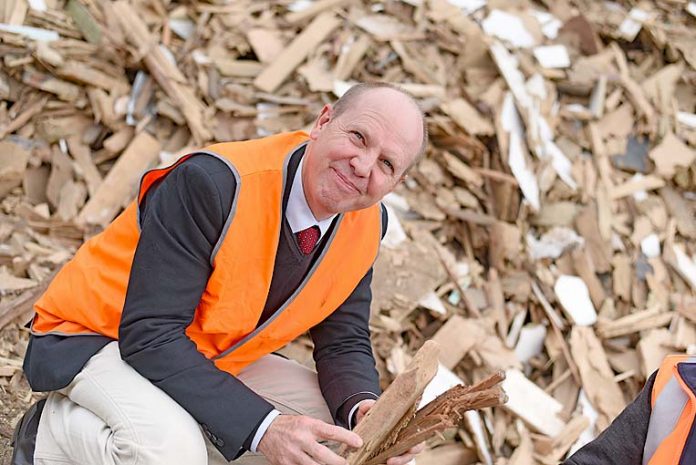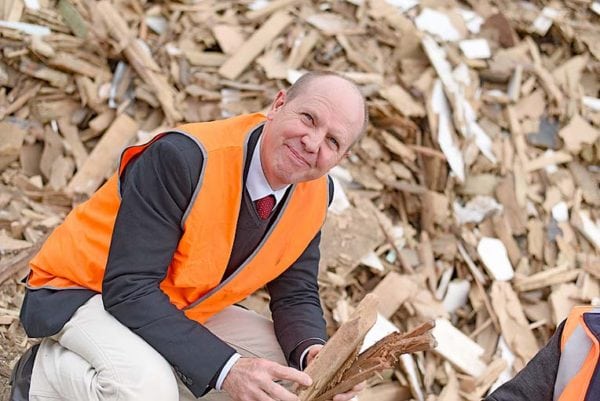

A NEW report into Australia’s energy market has fuelled optimism the region could attract major bioenergy opportunities to secure power supply.
The key document – known as the Finkel Report – has recommended the need for a “clean energy target” that opens the opportunity for Australia to embrace renewable energy from wood waste.
It is understood key Liberal MPs – including Member for Barker Tony Pasin – have been locked in talks over the report in recent days.
The Federal MP is among a number of Coalition members, including former Prime Minister Tony Abbott, publicly expressing reservations with the review’s modelling which claims energy prices will decrease.
Mr Pasin has told The Border Watch he has raised concerns about the chief scientist Dr Alan Finkel’s report into the national electricity market, urging instead an “aggressive intervention” by governments.
“I am very sceptical about the models and assumptions used in the Finkel Report,” he said.
“I am squarely focused on measures that will drive down the cost of electricity to everyday Australian consumers.”
Mr Pasin said an aggressive intervention by governments into the gas market was needed.
“Unless we intervene, I think we’re going to see widespread job losses and we’re going to see the cost of business rise,” Mr Pasin said.
Dr Finkel’s report recommends the adoption of a clean energy target, which would provide incentives to new wind, gas and other low emissions generators to enter the market.
The Australian Forest Products Association – which represents wood processing mills in Mount Gambier and regional plantation growers – said wood waste had the opportunity to play a greater role as a provider of renewable baseload energy.
The Clean Energy Finance Corporation has created a $100m dedicated fund for bioenergy projects.
“Bioenergy uniquely provides both renewable and secure baseload energy that would complement intermittent renewables like wind and solar,” association chief executive officer Ross Hampton said.
“Bioenergy from agriculture residues, timber operation waste and waste from cities is already widely used to help meet renewable targets in other parts of the world.”
Under the Kyoto Protocol, bioenergy is regarded as carbon neutral.
“The United Nations Framework Convention on Climate Change also defines bioenergy as renewable, if it is produced from biomass that is sustainably managed – as Australia’s commercial forestry operations are,” Mr Hampton said.
Mr Hampton said including bioenergy and industrial renewable heat in Australia’s clean energy mix would have the additional benefit of supporting Australian manufacturing jobs at a time when the sector was being hit hard by huge increases in both gas and electricity prices.
“Affordable and secure energy supply is essential for the forest products industry and the tens of thousands of associated regional jobs it supports,” the national industry lobbyist said.
With the right policy settings, he said other industry sectors with bioenergy potential such as agriculture, landfill and waste-to-energy could play an important role in Australia’s clean energy future.
He said this would substantially reduce emissions and reuse waste by-products from industrial processes.
“The technology to maximise the energy potential of wood waste already exists in Australia, but as reported, opportunities such as Altus Renewables’ wood pellet fuel is currently being exported to Europe and Asia because it is recognised under other countries’ renewable energy schemes,” Mr Hampton said.







